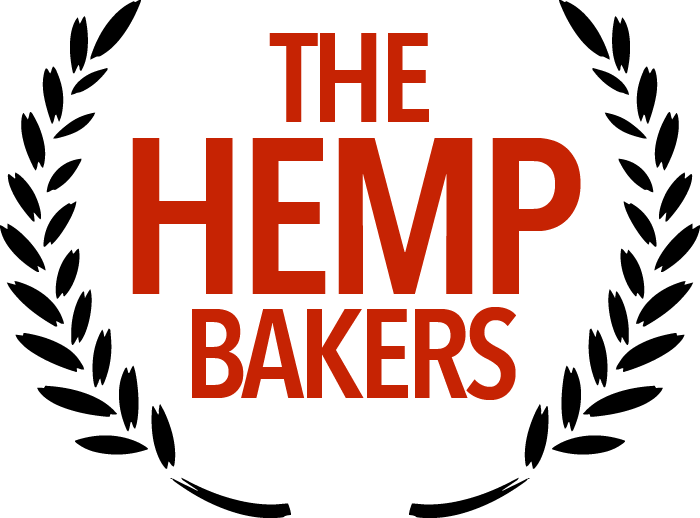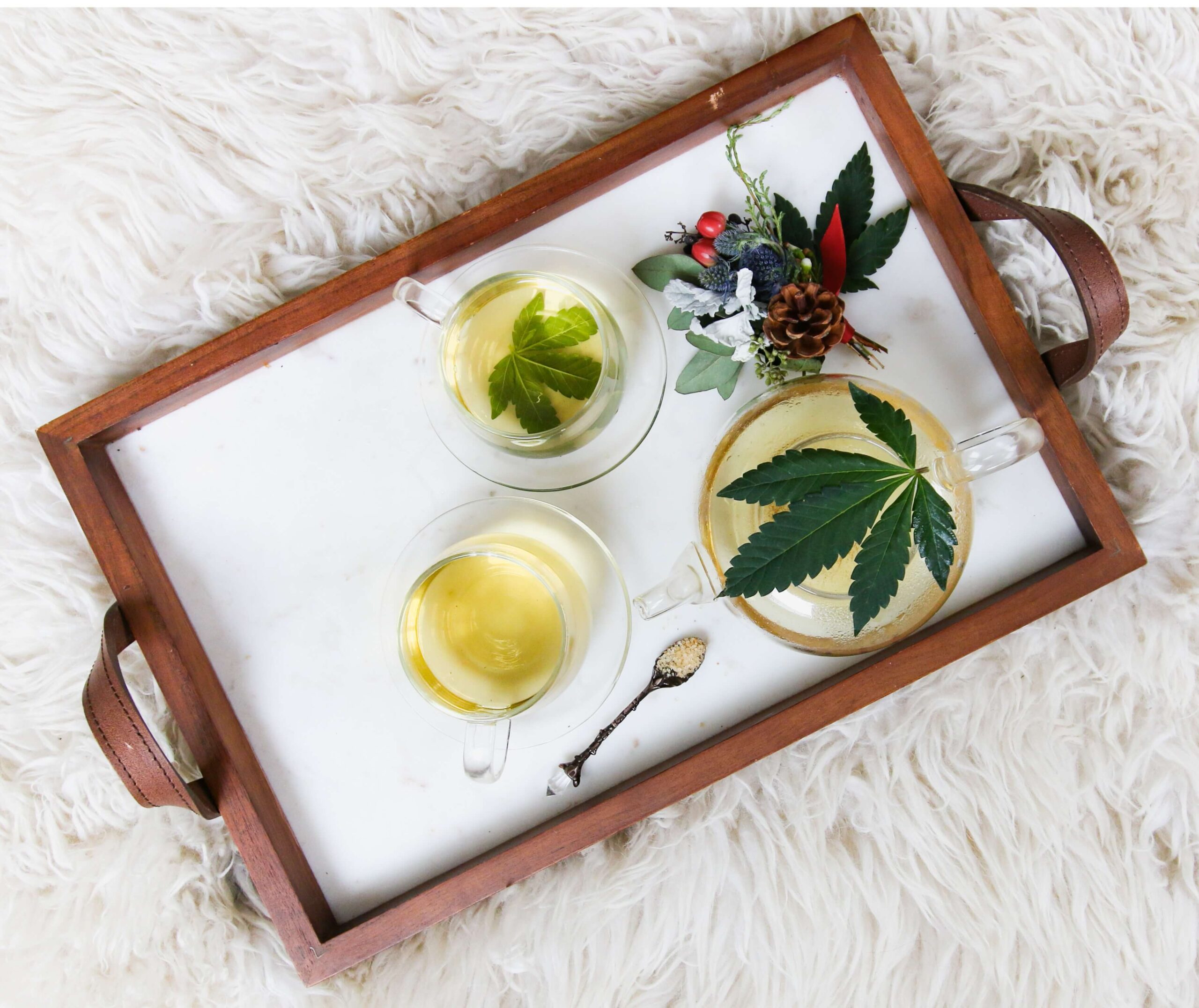When doing your research on hemp-based CBD products you’ll come across a lot of different laws and regulations that may get confusing. The 2018 Farm Bill established the national regulatory framework for United States Hemp Production. Currently, individual states have their own guidance on defining and regulating hemp-based CBD edibles. We put together a list to help you find out what’s legal in your state*.
What is legal in my state?
State Hemp Based CBD Edible Rules:
Definition of a CBD ‘Product’: “Product.” A finished product containing industrial hemp
which: (1) Is a cosmetic, food, food additive or herb.
OH: Senate Bill 57
(F) “Hemp product” means any product, containing a delta-9 tetrahydrocannabinol concentration of not more than three-tenths per cent, that is made with hemp. “Hemp product” includes cosmetics, personal care products, dietary supplements or food intended for animal or human consumption, cloth, cordage, fiber, fuel, paint, paper, particleboard.
MI: House Bill 6330
“Industrial hemp” means the plant Cannabis sativa L. and any part of that plant, including the viable seeds of that plant and all derivatives, extracts, cannabinoids, isomers, acids, salts, and salts of isomers, whether growing or not, with a delta-9-tetrahydrocannabinol concentration of not more than 0.3% on a dry weight basis. Industrial hemp includes industrial hemp commodities and products and topical or ingestible animal and consumer products derived from the (460) Act No. 641 Public Acts of 2018 Approved by the Governor December 28, 2018 Filed with the Secretary of State December 28, 2018 EFFECTIVE DATE: January 15, 2019 2 plant Cannabis sativa L. with a delta-9-tetrahydrocannabinol concentration of not more than 0.3% on a dry weight basis.
(3) Products containing one or more hemp-derived cannabinoids, such as CBD, intended for ingestion are to be considered foods, not controlled substances or adulterated products.
IN: IN ACT 52
(2) “Industrial hemp product” means any product that is derived from or contains derivatives of industrial hemp that is cultivated in: (A) Indiana; or (B) another jurisdiction. The term includes, without limitation, raw oils and fibers, food and supplement products, cosmetics, construction materials, hurds, products containing cannabinoids regardless of concentration, and any other product derived from industrial hemp as defined in this chapter.
“Industrial Hemp” means the plant Cannabis sativa L. and any part of that plant, whether growing or not, with a delta-9 tetrahydorcannabinol (THC) concentration of not more than 0.3% on a dry weight basis that has been cultivated under a license issued under the Act or is otherwise lawfully present in this State, and includes any intermediate or finished product made or derived from industrial hemp.
VA: VA SB 918
Abstract: Industrial hemp extract; approval as food or ingredient; regulations; fund.
NJ: NJ Hemp Program
“Hemp product” means a finished product with a delta-9 tetrahydrocannabinol concentration of not more than 0.3 percent that is derived from or made by processing a hemp plant or plant part and prepared in a form available for commercial sale. The term includes cosmetics, personal care products, food intended for human or animal consumption, cloth, cordage, fiber, fuel, paint, paper, particleboard, plastics, and any product containing one or more hemp-derived cannabinoids, such as cannabidiol. Hemp products shall not be considered controlled substances due to the presence of hemp or hemp-derived cannabinoids.
NY: NY Cannabinoid Hemp Program
Section 1005.8 outlines the cannabinoid hemp product requirements to be sold at retail. Product requirements include but are not limited to: not containing more than 0.3% total Δ9- Tetrahydrocannabinol concentration; not containing tobacco or alcohol; not being in the form of an injectable, transdermal patch, inhaler, suppository, flower product including cigarette, cigar or pre-roll, or any other disallowed form as determined by the department; if sold as a food or beverage product, not have more than 25mg of cannabinoids per product.
CT: SB 893
(5) “Consumable” means hemp products intended for human ingestion, inhalation, absorption or other internal consumption, that contains a THC concentration of not more than 0.3 per cent on a dry weight basis.
What does all this mean?
These definitions of hemp-based CBD edibles allow for a clear understanding of what needs to be present and absent in CBD edible products for them to be sold legally per state guidelines. As of right now, any cannabis plant with more than 0.3% THC is classified as marijuana and cannot be transported interstate, same goes for products derived from it.
*These are the current definitions and regulations surrounding hemp-based CBD edibles, these definitions may change. Additional state regulations that are not listed may be added to this article.

